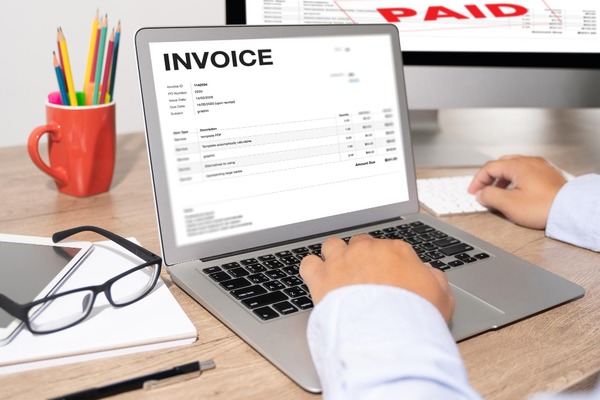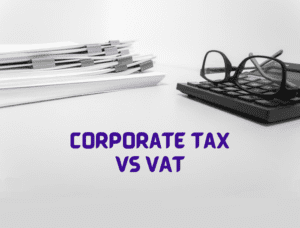Introduction
A tax invoice is an essential document for businesses operating in the UAE. It serves as legal proof of a transaction and is a requirement under UAE tax law. Issuing a compliant tax invoice ensures your business remains in good standing with the Federal Tax Authority (FTA). In this guide, we’ll cover what a tax invoice is, the key details it must include, and why it’s so critical for your business.
What Is a Tax/VAT Invoice?
A Tax/VAT invoice is a formal document issued by tax-registered businesses when charging VAT on sales. It shows that VAT has been levied by a registered business and is due to be paid to the government. In the UAE, issuing a tax invoice is mandatory for all tax-registered businesses.
Key Information in a Tax/VAT Invoice
To comply with UAE tax law, a tax invoice must include the following details:
- Seller’s Information: Business name, tax registration number, and identity.
- Invoice Title: Clearly labelled as “Tax Invoice.”
- Invoice Number: A unique identifier for each invoice.
- Issue Date: Date of invoice issuance.
- Purchaser’s Information: For B2B transactions, include the customer’s name.
- Billing & Shipping Address: Required for B2B transactions.
- Description of Goods/Services: A detailed list of what was sold.
- Quantity: Number of products or services sold.
- Price: Agreed price for the goods or services.
- VAT Rate & Amount: Clearly state the VAT rate and the amount charged.
- Total Value: The total amount, including VAT.
- Supplier’s Signature: Optional, but commonly used to authenticate the invoice.
How to Create a Tax/VAT Invoice
In the UAE, tax-registered businesses must issue tax/VAT invoices for every taxable sale. While there isn’t a fixed format, businesses should rely on computerized invoicing systems to ensure accuracy and compliance. Advanced accounting software simplifies the preparation and issuance of invoices by minimizing manual errors. These systems allow businesses to generate invoices with just a few clicks by inputting essential details like goods sold, tax rates, and buyer information.
Why Is a Tax Invoice Important?
A tax invoice isn’t just a formality; it’s critical for both the buyer and seller. It serves as the official record of a transaction and indicates when tax should be accounted for. For tax-registered businesses, the tax invoice supports accurate VAT accounting and quarterly filings to the FTA. Without proper invoicing, businesses risk non-compliance, which can lead to penalties and legal issues.
Compliance and Penalties
Issuing a non-compliant tax invoice can result in significant penalties from the FTA. Businesses must ensure that every tax invoice includes the required details and is stored for at least five years as per UAE law.
Conclusion
A compliant tax invoice is essential for maintaining your business’s reputation and avoiding legal penalties. At Limrise, we provide comprehensive VAT and tax services, ensuring your business remains fully compliant with UAE tax regulations. With decades of experience, we offer reliable support for all your accounting and VAT needs.
Need help managing your VAT compliance?
Contact Limrise today!
📞 +971 50 786 2491 | +971 55 285 2393
📧 hello@limrise.com






